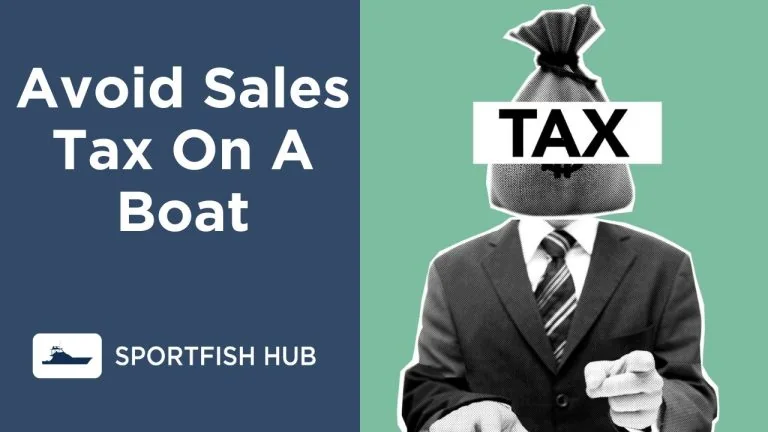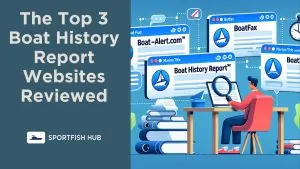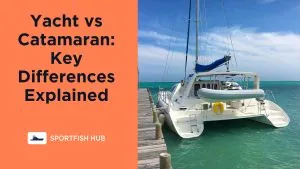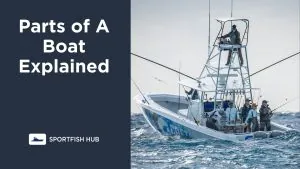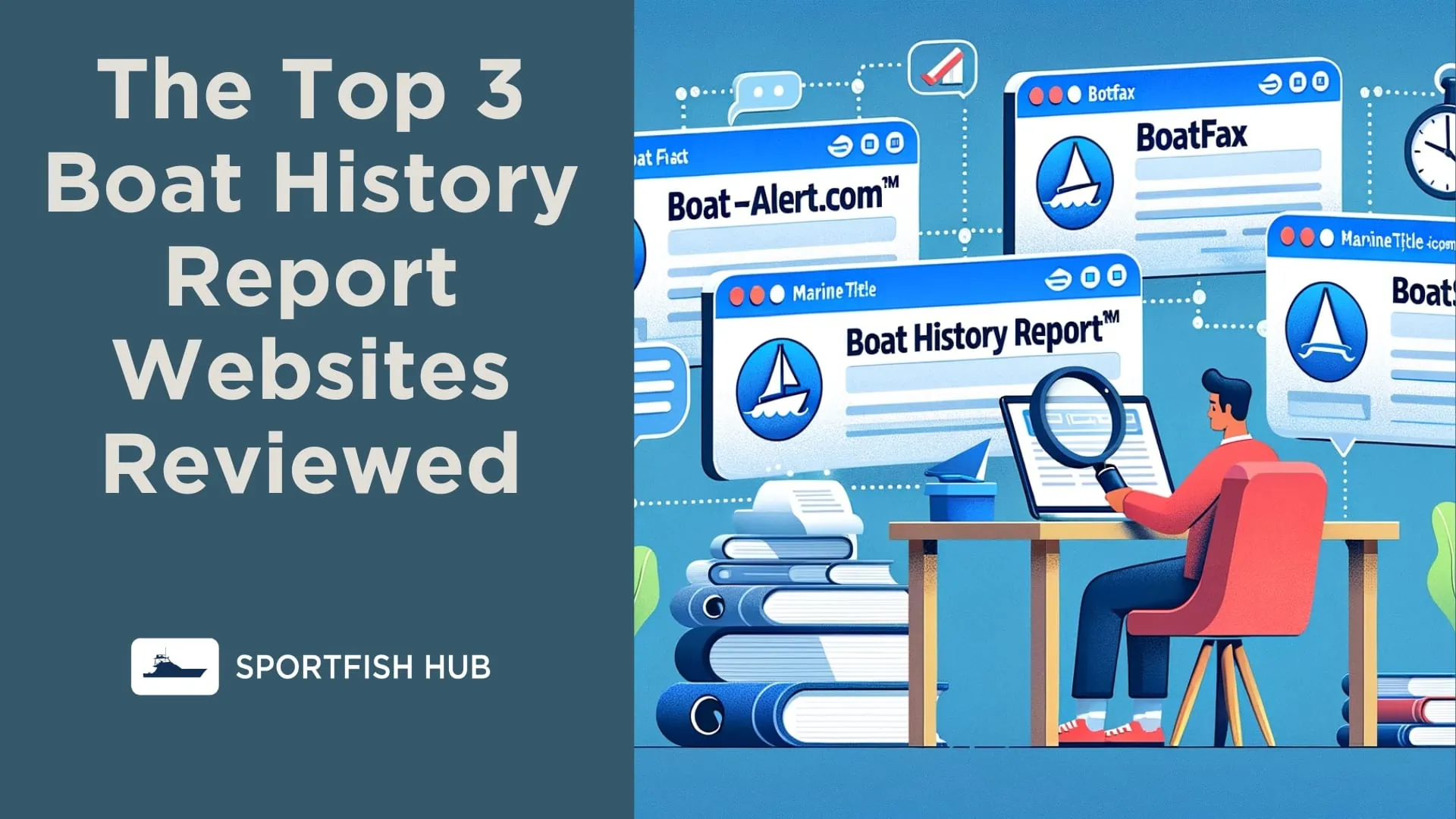Navigating the waters of boat ownership can be tricky, especially when it comes to understanding the tax implications. One question that often arises is, “How can I avoid paying sales tax on a boat?”
While it’s important to note that tax laws vary by state and country, there are some general strategies that can help you minimize or even avoid sales tax on your boat purchase. Let’s dive in!
Understanding Sales Tax vs. Use Tax
Before we get into the strategies, it’s crucial to understand the difference between sales tax and use tax. Sales tax is imposed on retailers for the privilege of selling tangible personal property at retail. The obligation to pay sales tax is on the retailer.
On the other hand, a use tax is imposed upon the storage, use, or other consumption of tangible personal property purchased from a retailer. The obligation to pay use tax is on the purchaser.
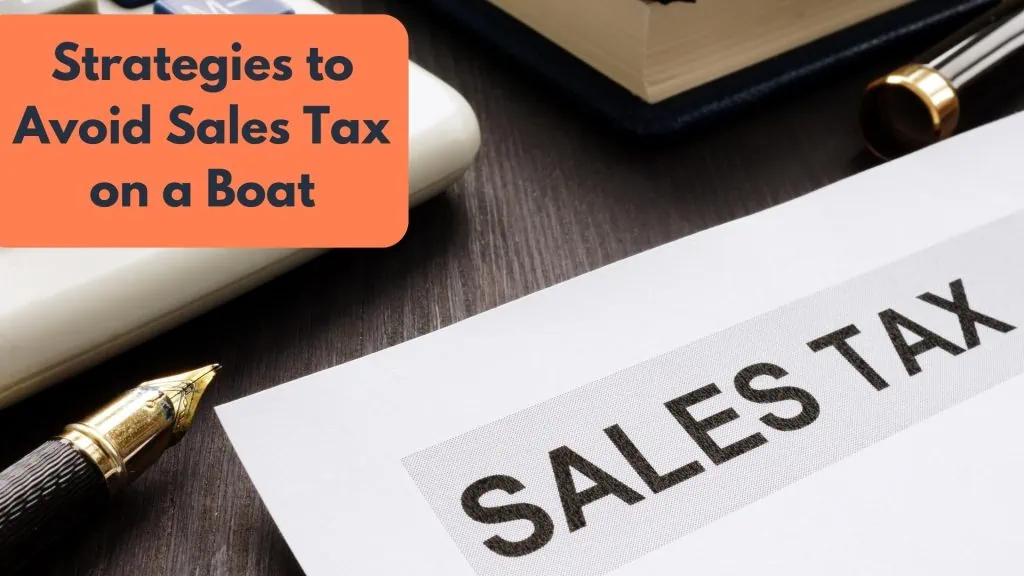
Strategies to Avoid Sales Tax on a Boat
1. Buy in a No Sales Tax State
Some states in the U.S., such as Delaware and Oregon, do not impose sales tax on boats. If you purchase and register your boat in one of these states, you can avoid sales tax.
However, if you plan to use the boat in a state that does impose sales tax, you may be subject to use tax.
2. Buy and Use the Boat in a Different State
If you purchase a boat in one state and use it in another state for a certain period (usually six months to a year), you may avoid sales tax.
This is often referred to as the “fly-away” or “sail-away” rule. However, you need to be careful not to bring the boat back into the state where you purchased it during this period, or you might be subject to use tax.

3. Use a Montana LLC
Montana is a popular state for boat purchases due to its favorable tax laws.
Montana does not impose sales tax on boats, and it also allows out-of-state residents to form a Limited Liability Company (LLC) to purchase and register a boat.
The boat is considered the property of Montana LLC, not the individual, potentially allowing you to avoid sales tax in your home state. However, this strategy is controversial and may be considered tax evasion in some states. It’s crucial to consult with a tax professional before proceeding with this strategy.
4. Trade-In
In some states, you can reduce the amount of sales tax you owe by trading in your old boat. The trade-in value is subtracted from the purchase price of the new boat, reducing the amount subject to sales tax.
5. Documented Vessel with the U.S. Coast Guard
If your boat is documented with the U.S. Coast Guard and used in federal or international waters, it may be exempt from state sales tax. However, this exemption varies by state, and you may still be subject to use tax.
6. Conduct an Offshore Closing
An offshore closing is a transaction that occurs outside of state waters. This strategy is typically used to avoid state sales tax, especially when dealing with boats of considerable value or for owners who plan to travel constantly or register the boat in a foreign location.
In an offshore closing, the delivery of the vessel must be made from the seller to the buyer outside of a state’s jurisdiction. This type of transaction is a bit more complex and requires the parties to close offshore, outside the state’s waters.
It’s important to note that many states have a sales tax cap, which has reduced the frequency of such closings. However, there are still certain scenarios and jurisdictions in which an offshore closing can be a useful tool.
One specific example is in Florida, where an offshore closing is often done to avoid Florida tax stamps on a boat mortgage. To achieve this, you must go three miles offshore.
Remember, most out-of-state boat purchases require the buyer to remove the vessel after the purchase. It is also important to ensure that you are following all applicable laws and regulations when purchasing a boat.
FAQ
-
Can a boat owner be taxed in multiple states for the same boat?
No, no boat owner should have to pay sales tax in multiple states for the same boat, although they might have to pay a use tax in another state depending on each state’s specific laws.
-
What are the penalties for not paying use tax on a boat?
Initially, you will be assessed penalties and then interest on those penalties and money owed. What happens next varies based on the laws of each state.
Final Thoughts
While these strategies can help you avoid or minimize sales tax on a boat, it’s essential to remember that tax laws are complex and vary significantly by state and country. Always consult with a tax professional or legal advisor before making a purchase decision. It’s also

